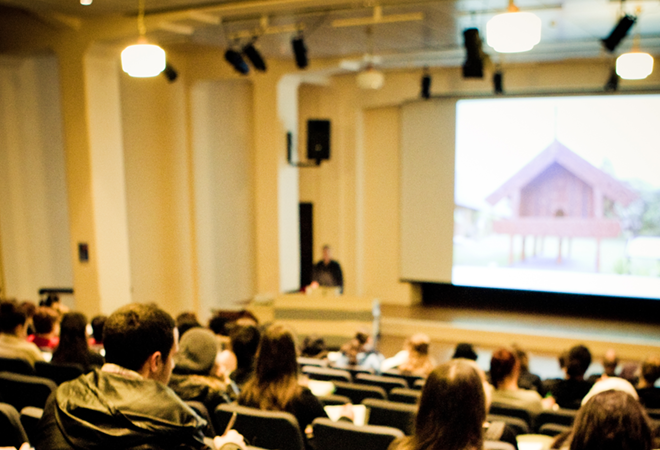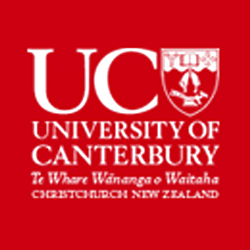
Reflective experiential learning
Status
Completed: 15 June 2017
Project Details
A one-year project that investigated supporting mechanisms for active video watching in order to improve students' presentation skills. A collaboration of University of Canterbury, University of Leeds and The University of Adelaide.
Aims:
The aims of the project were to:
- improve students’ transferable (soft) skills, such as communicating, negotiating, problem solving
- develop the AVW-Space, a controlled video-watching platform which supports active learning
- develop guidelines for teachers related to the use of AVW-Space
- use the AVW space for students to focus on presentation skills
- increase students’ understanding of presentation skills, and also increase their ability to plan future presentation
- identify how video watching can be scaffolded to involve students in reflection on their presentation skills.
Methodology:
The project used a qualitative research methodology to investigate the following research questions:
- What kind of student behaviours do students engage with in AVW-Space?
- What kind of student behaviours lead to learning in AVW-Space?
- Do aspects (reflective prompts) enhance learning?
- What is the participants' experience with AVW-Space?
In order to answer the research questions, the project was implemented as follows:
- project participants were randomly assigned to a control or experimental group
- participants completed survey 1 and had one week to watch and comment on videos. Both groups watched the same videos. The difference in phase 1 was that the control group had no aspects (reflective prompts) when specifying comments, while the participants in the experimental group had to select an aspect for each comment they made. The control group only watched videos
- at the end of phase 1, the control group completed survey 2 and finished the study
- participants from the experimental group completed survey 2 and had one week to review and rate comments by other participants
- at the end of the second week, the experimental group participants completed survey 3.
Team

Professor Antonija Mitrovic
Project leader
University of Canterbury
Dr Moffat Mathews
University of Canterbury
Jay Holland
University of CanterburyDr Vania Dimitrova
University of LeedsDr Lydia Lau
University of LeedsDr Amali Weerasinghe
The University of AdelaideStatus
Funding
$20,198.00 (excl GST)
Key Findings
The results show that:
- Only students who commented on videos and rated others’ comments improved their conceptual understanding of presentation skills.
- Passive video-watching did not lead to improved knowledge.
- Only experimental group participants used aspects when commenting and were able to rate others’ comments.
- Only experimental group participants achieved significant improvements.
- Experimental group improvements were derived from the use of aspects when commenting and rating others participants’ comments.
Key Recommendations
Develop spaces in the AVW-Space, which support students in both commenting on videos, and in rating others’ comments | Participants who commented on videos and rated comments made by their peers (i.e. the constructive learners) improved their conceptual knowledge significantly. Therefore, both activities (i.e. commenting on videos and rating comments) are necessary for significant improvement in conceptual knowledge.
Use aspects in all spaces in the AVW-Space | Participants who completed the surveys but did not interact with AVW-Space at all, or who had passively watched videos, did not improve their conceptual knowledge. However, the use of aspects improved learning: the conceptual knowledge of constructive learners from the experimental group improved significantly, which was not the case for constructive students from the control group.
A report prepared by Antonija Mitrovic and Moffat Mathews.
(PDF, 2.2 MB, 20-pages).
- 20 June 2017
A manual prepared by Antonija Mitrovic and Moffat Mathews.
(PDF, 2.58 MB, 26-pages).
- 20 June 2017